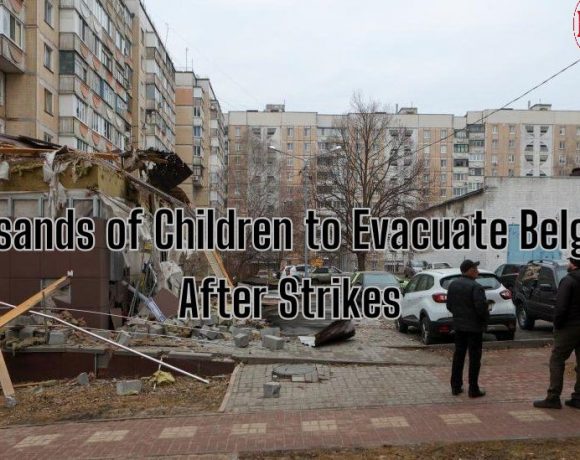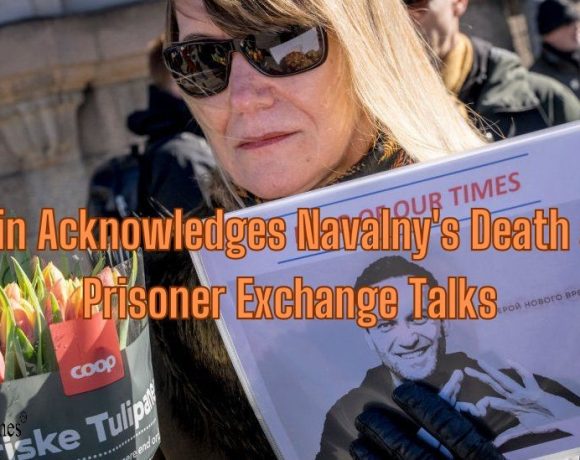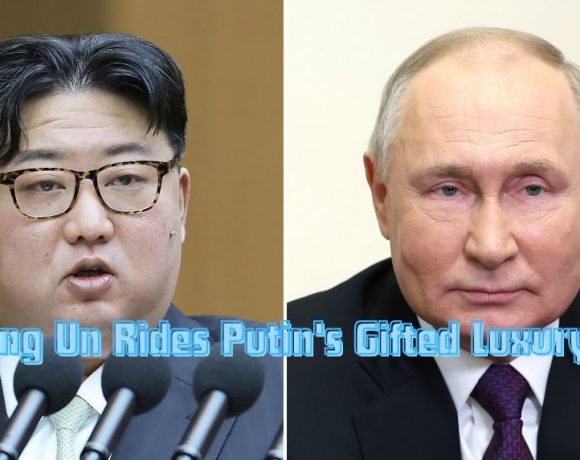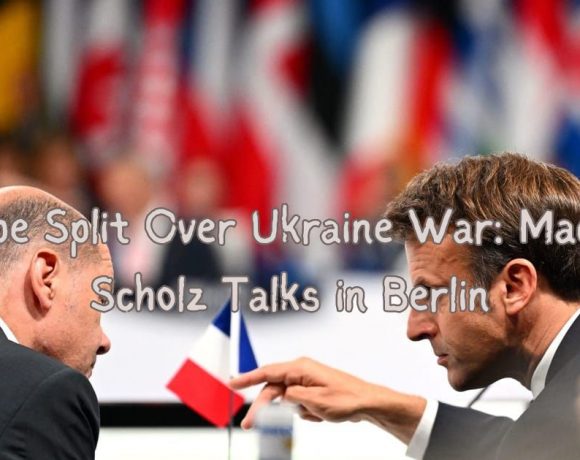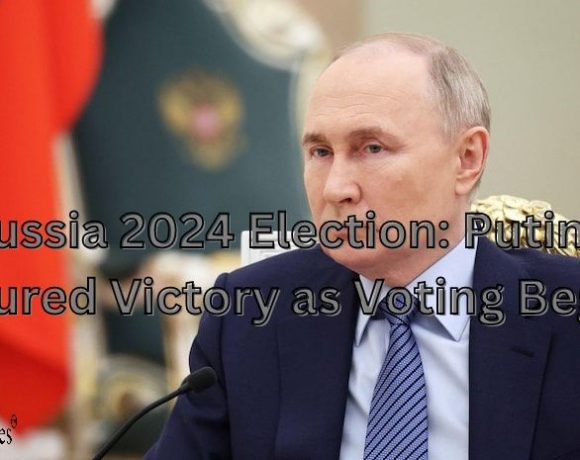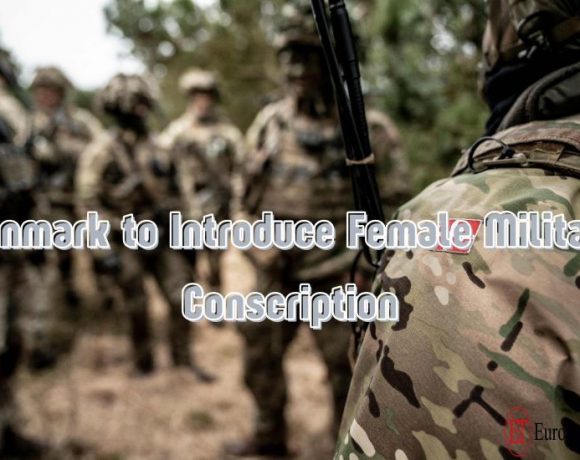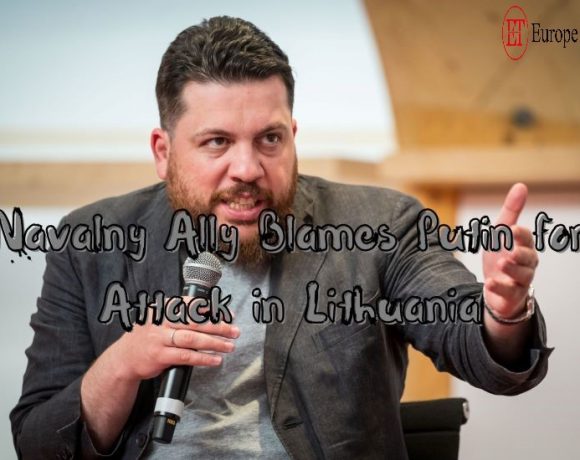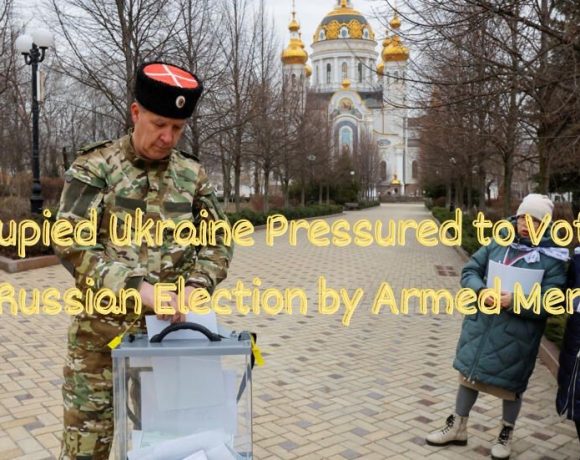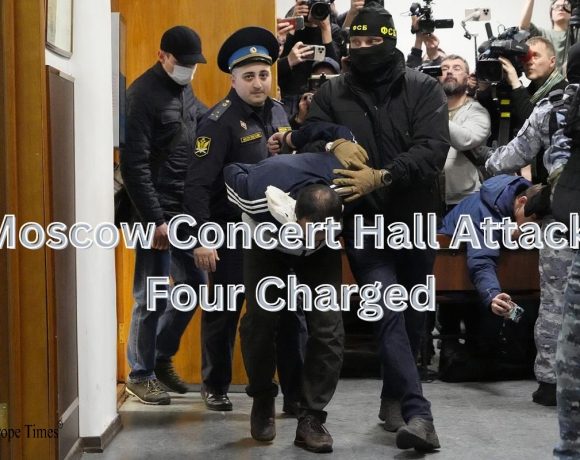
Four men have been charged by Russian authorities for their alleged involvement in a terrorist attack at a concert hall in Moscow, resulting in the tragic deaths of at least 137 individuals. These suspects, marched into a Moscow court, faced charges related to committing an act of terrorism. However, their appearance in court raised concerns as they exhibited signs of physical abuse, with reports suggesting mistreatment during their arrest.
The attack, which occurred at the Crocus City Hall in Krasnogorsk, involved gunmen storming the venue during a rock concert attended by approximately 6,000 people. The assailants unleashed gunfire and set fires within the hall, leading to chaos and widespread devastation. Russian officials reported over a hundred injuries in addition to the significant loss of life.
Despite the Islamic State group claiming responsibility for the attack, Russian authorities have insinuated, without evidence, Ukrainian involvement. This assertion has been vehemently denied by Ukrainian officials, who have dismissed it as unfounded and absurd. Meanwhile, the suspects, identified as citizens of Tajikistan, have been detained pending further investigation, with their detention extended until May 22.
The incident underscores the ongoing threat posed by extremist groups like IS, particularly in regions like Central Asia. Security analysts point to various factors driving such attacks, including geopolitical tensions and historical conflicts. The rise of IS-K, a branch of IS operating in Afghanistan and parts of Central Asia, highlights the organization’s adaptability and continued efforts to target regions beyond its traditional strongholds.
Picture Courtesy: google/images are subject to copyright


